For whatever reason, you’re always waiting for the other shoe to drop.

You don’t trust when things are going too well, and even when something doesn’t seem too good to be true, you assume it is. I can’t possibly say why you’re like this — we all have our own issues and traumas — but always resorting to the worst possible scenario is kind of ruining your life.
1. You’re scrolling past golden opportunities disguised as risks.

When you’re always on high alert for potential disasters, you might be missing out on some seriously epic chances. That job posting that seems a bit out of your league? You don’t even bother applying because you’re convinced you’ll get rejected. The cute person at the coffee shop you’ve been eyeing? You never strike up a conversation because you’re sure they’ll shut you down. By automatically assuming the worst, you’re essentially putting the kibosh on potentially life-changing opportunities before they even have a chance to unfold.
2. Your friends start to ghost you for more upbeat company.

Constant doom and gloom isn’t exactly a vibe magnet. If you’re always the one pointing out what could go wrong or why something won’t work, your friends might start to think twice before inviting you along. It’s not that they don’t care about you, but your pessimism can be a real buzzkill. Over time, you might find your social circle shrinking as people gravitate towards more positive energy.
3. You live in a self-fulfilling prophecy of your own making.

When you constantly expect the worst, you’re actually setting yourself up for failure. It’s like you’re subconsciously sabotaging yourself. If you go into a job interview convinced you won’t get the position, your lack of confidence will likely show through. If you start a new project already believing it’ll flop, you might not put in your best effort.
4. Your body’s stress response works overtime for no good reason.

Constantly anticipating disaster keeps your body in a perpetual state of fight-or-flight. Your cortisol levels are through the roof, your heart’s racing, and your muscles are tense — all for threats that likely won’t materialise. This chronic stress can have serious long-term effects on your physical health. You might find yourself dealing with headaches, digestive issues, or even more serious conditions like high blood pressure or a weakened immune system. All this just because your mind’s stuck in worst-case scenario mode.
5. You’re missing out on the joy of spontaneity and surprise.

When you’re always trying to predict (and prevent) the worst possible outcome, you’re robbing yourself of one of life’s greatest pleasures: the unexpected delight of a pleasant surprise. That impromptu road trip with your mates? You miss out because you’re too busy worrying about all the things that could go wrong. The surprise party your family’s planning? You spoil it for yourself by assuming their secretive behaviour means something’s wrong. By always expecting the worst, you’re closing yourself off to the magical moments that make life truly amazing.
6. Your creative spark is being snuffed out by pessimism.

Creativity thrives on possibility and openness, but when you’re constantly focused on potential pitfalls, your imagination takes a hit. That brilliant idea for a start-up? You talk yourself out of it before you even start brainstorming. The novel you’ve always wanted to write? It never makes it past the first draft because you’re convinced no one will want to read it. Your pessimism is essentially putting a damper on your creative potential, preventing you from exploring new ideas and expressing yourself fully.
7. You’re wasting precious mental energy on imaginary disasters.
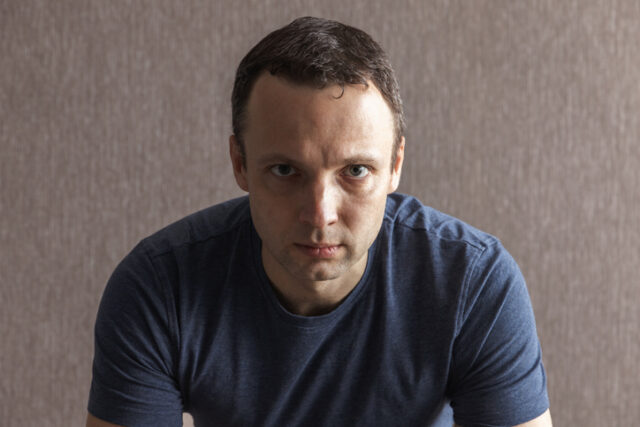
Think about all the time and mental effort you spend concocting worst-case scenarios in your head. Now imagine if you redirected all that brain power towards something positive or productive. You could be learning a new skill, planning your dream holiday, or coming up with solutions to real problems instead of imaginary ones. By constantly preparing for disasters that never come, you’re essentially running your mental battery down on unnecessary background processes.
8. Your relationships are stuck in a rut of negativity.

When you’re always expecting the worst, it can put a real strain on your relationships. You might find yourself constantly looking for reassurance from your partner, or picking fights over potential problems that haven’t even happened yet. This constant negativity can create an atmosphere of tension and unease in your relationships. Instead of growing and deepening your connections, you’re stuck in a cycle of doubt and worry that prevents true intimacy and trust from developing.
9. You’re missing out on the thrill of taking calculated risks.
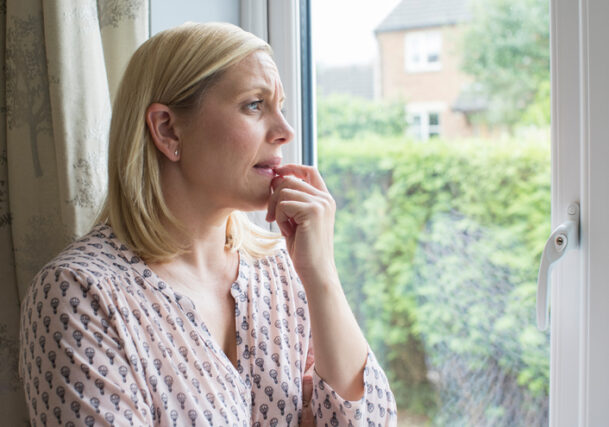
Life’s greatest adventures often come with a side of uncertainty. But when you’re always expecting the worst, you’re likely to shy away from anything that feels even remotely risky. That exciting new hobby you’ve been curious about? You never give it a go because you’re convinced you’ll make a fool of yourself. The chance to relocate for a dream job? You pass it up because you’re sure something will go terribly wrong.
10. Your CV is gathering dust instead of experience.

Career growth often requires taking on new challenges and responsibilities. But if you’re always anticipating failure, you’re likely to stay in your safe, familiar role, even if it’s not fulfilling. You might turn down opportunities for advancement or shy away from high-profile projects. Over time, this can lead to career stagnation. While your more optimistic colleagues are climbing the ladder and gaining valuable experience, you’re left behind, your skills and potential untapped.
11. Your holiday photos are all of your hotel room.

Travel can be one of life’s most enriching experiences, but it also involves a fair bit of unpredictability. If you’re always expecting the worst, you might find yourself avoiding new experiences on your trips. Instead of sampling local cuisine, you stick to familiar fast food chains. Rather than exploring vibrant local markets or landmarks, you stay in the safety of your hotel. You might even talk yourself out of travelling altogether, missing out on the eye-opening, perspective-shifting experiences that come with exploring new places.
12. Your savings account is more of a doomsday vault.
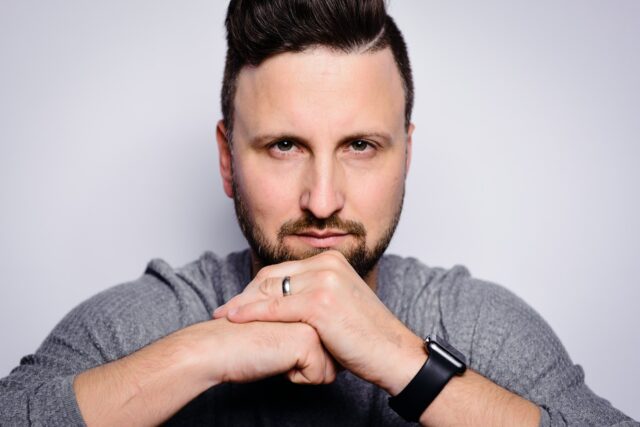
Being financially responsible is great, but if you’re always expecting economic disaster, you might be taking it too far. You could be hoarding money for a rainy day that never comes, missing out on experiences and investments that could enrich your life now. That concert ticket you really want? You don’t buy it because you’re sure you’ll need that money for some unforeseen catastrophe. The stock market opportunity your financial advisor recommends? You pass because you’re convinced an economic collapse is just around the corner. While it’s wise to have a safety net, obsessing over financial worst-case scenarios can prevent you from enjoying the fruits of your labour.
13. Your personal growth is stunted by fear of failure.
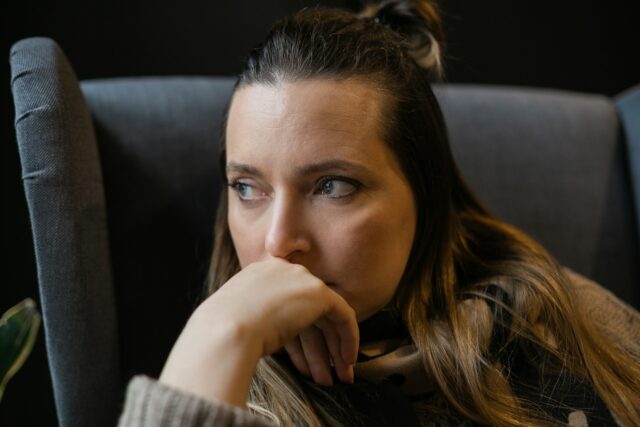
Personal development often involves trying new things and, yes, sometimes failing. But if you’re always anticipating the worst outcome, you’re likely to avoid these growth opportunities altogether. That public speaking course that could boost your career? You never sign up because you’re sure you’ll freeze on stage. The fitness challenge your friends are doing? You sit it out because you’re convinced you’ll never keep up. By avoiding anything that carries a risk of failure, you’re denying yourself the chance to learn, improve, and become the best version of yourself.
14. Your present is overshadowed by imaginary future disasters.
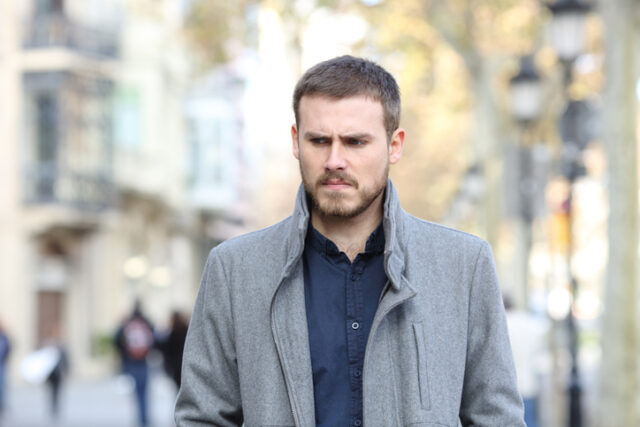
When you’re constantly bracing for the worst, you’re living in an imaginary future rather than the present moment. You might find it hard to enjoy a lovely day out because you’re worrying about all the things that could go wrong. A promotion at work becomes a source of anxiety rather than celebration because you’re focused on all the ways you might mess up in your new role. By always living in anticipation of future disasters, you’re robbing yourself of the joy and satisfaction of your current achievements and experiences. Remember, life is happening now, not in the catastrophic future your mind is creating.




